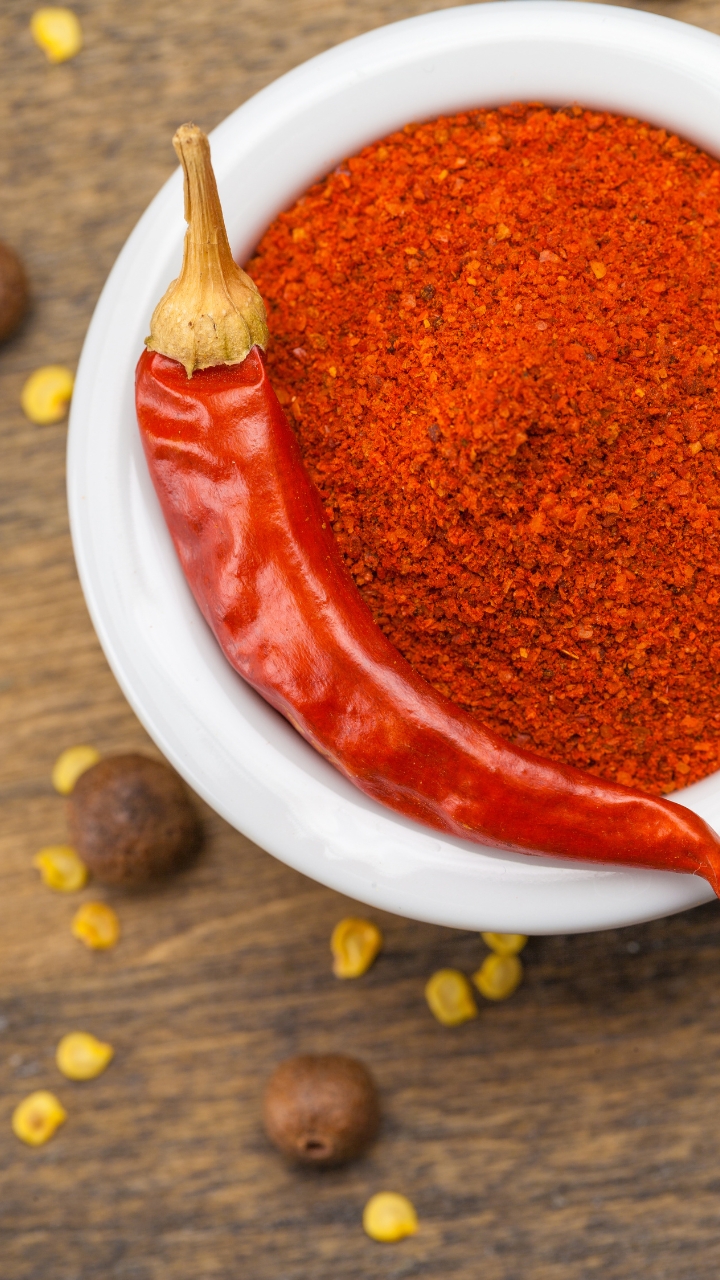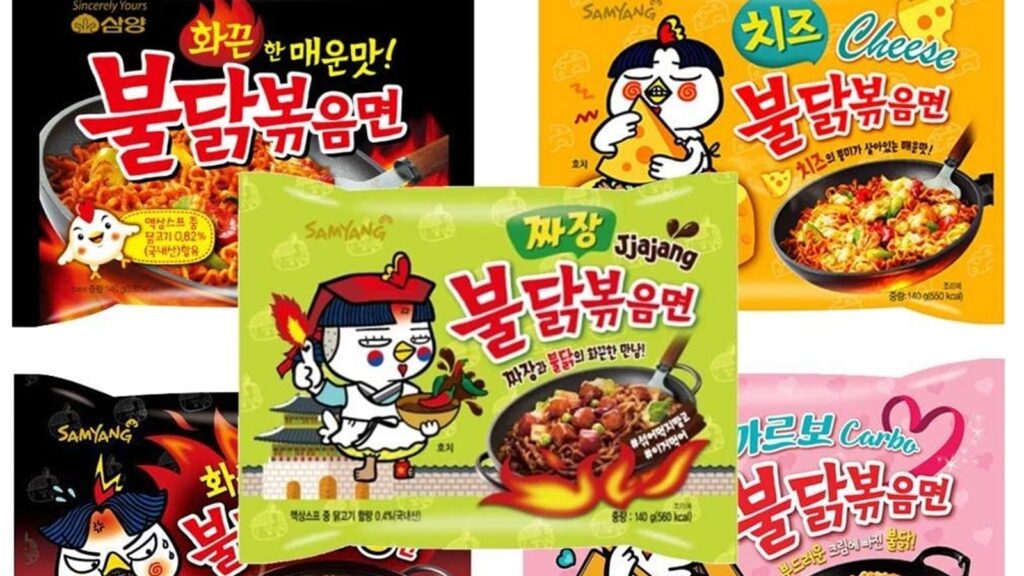To make matters worse, Denmark has recalled several varieties of popular Korean instant noodles made by Samyang because they contain high amounts of capsaicin, the compound that makes chili peppers hot, which Danish authorities fear could pose a risk of “acute poisoning” to consumers.
The three super spicy products to be removed from store shelves are Buldak's Triple Spicy & Hot Chicken, Double Spicy & Hot Chicken, and Hot Chicken Stew. The Danish Food Agency has issued a recall and urged consumers to discard the products.
But Korean manufacturer Samyang is fighting back, arguing there is nothing wrong with its ramen and that its spiciness level is within standard limits. The fierce dispute has raised questions about cultural differences in tolerance to heat and the potential health risks associated with extremely spicy foods.
Ramya, a registered dietitian at Cloud Nine Group of Hospitals, Chennai OMR, agrees that people from India, Korea and Southeast Asia are generally accustomed to spicy food due to their culinary traditions, but this does not mean they are immune to the harmful effects of extremely spicy foods, she said.
Ramya says that eating very spicy noodles can definitely lead to acute poisoning due to capsaicin, the compound that gives chillies their heat. Capsaicin causes inflammation and irritation in the digestive tract, which can lead to symptoms like abdominal pain, diarrhea and vomiting. In extreme cases, it can even lead to dehydration.
 The strong “tangy” flavor of spicy foods can also help suppress your appetite. You may also feel fuller quicker after eating spicy dishes, which may improve your relationship with food.
The strong “tangy” flavor of spicy foods can also help suppress your appetite. You may also feel fuller quicker after eating spicy dishes, which may improve your relationship with food.
Are there any benefits to eating spicy food every now and then?
Despite the risks, Ramya noted that consuming spicy foods in moderation can have benefits.
* Analgesic and anti-inflammatory – Capsaicin-based topicals are used for pain management.
* Antibacterial properties – Studies have shown that spicy foods containing capsaicin exhibit antibacterial properties that fight bacterial infections.
* Boost metabolism and lose weight – A 2013 study showed that combining capsaicin with a protein meal can help sustain energy expenditure and increase satiety.
* Improved Cardiovascular Health – Animal studies have shown that it can improve oxidative stress in blood vessels, leading to improved heart health.
* Anti-cancer properties – Capsaicin fights free radicals and inhibits the growth of cancer cells.
Should I specifically avoid spicy foods?
The following people should avoid extremely spicy foods:
*Children and Elderly – The stomach tolerance for spicy foods is very low in children and even lower in the elderly. It is not advisable to consume very spicy foods on a regular basis.
* People with digestive issues (e.g. IBS, acid reflux) – People with a history of irritable bowel syndrome or gastroesophageal reflux disease should be very careful with their spice intake, as consuming large amounts of spicy foods can make their symptoms worse.
*Pregnant or breastfeeding women – Consuming very spicy foods during pregnancy may affect the development of the mother and the unborn baby.
*People with weak stomachs or allergies
© IE Online Media Services, Inc.
First uploaded on: June 15, 2024 12:26 IST



